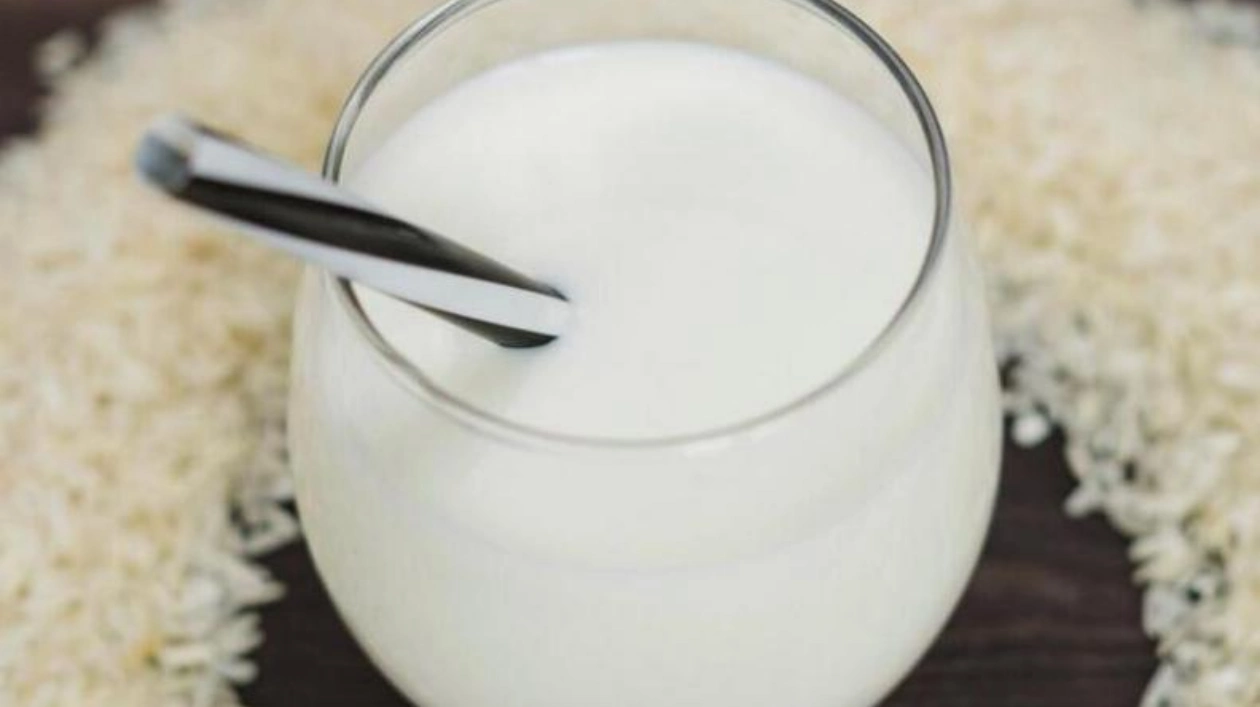A recent trend on social media has prompted hundreds of individuals to attempt weight loss by consuming a juice derived from water in which rice has been soaked overnight. Influencers across platforms like TikTok have been advocating for this practice, combining the rice water with lime juice shortly before meals. They claim that this concoction aids in weight reduction, comparable to the effects of Ozempic, a medication commonly used for diabetes and obesity. However, experts caution that this trend is rooted in a misconception and does not constitute a miraculous solution for weight loss.
Dr. Grace Fabrizia Graziani, a Specialist Family Medicine at Aster Royal Clinic, explains that while rice water contains resistant starches that might slow digestion and increase feelings of fullness, it lacks the comprehensive metabolic benefits of medications like Ozempic. Ozempic operates by activating brain receptors to enhance satiety, curb appetite, and slow gastric emptying, thereby promoting prolonged fullness and improved glucose regulation. Additionally, it enhances insulin secretion and offers cardiovascular advantages, all of which are beyond what rice water can achieve.
Dr. Laura Holland, a Nutritionist and Integrative Medicine Expert, concurs, stating that while the drink might temporarily suppress appetite, it does not replicate the metabolic effects of Ozempic. She advises against relying on rice-zempic for long-term weight management, noting that its benefits, if any, are likely to be short-lived.
There are also risks associated with consuming rice-zempic. Dr. Dana Hamwi, a Clinical Dietitian, warns that the lime juice could exacerbate acid reflux and that excessive consumption of rice water might lead to harmful levels of arsenic intake. She emphasizes that the drink lacks a scientific foundation and any weight loss would be temporary.
Dr. Grace highlights the dangers of unsubstantiated diet trends popularized on social media, which often oversimplify complex metabolic processes and can lead to inadequate nutrition and health risks. She recommends caution when considering such diets.
Dr. Laura explores the traditional uses of rice water in alternative medicines like Traditional Chinese Medicine and Ayurveda, noting its benefits for digestive health but not for weight loss. Dr. Dana advises adopting a healthy lifestyle with a balanced diet and regular exercise as a safer approach to weight management.
Dr. Grace advocates for a whole plant-based diet as a proven method for weight loss, emphasizing the consumption of nutrient-rich plant foods and minimizing animal products to create a caloric deficit while ensuring essential nutrient intake.






